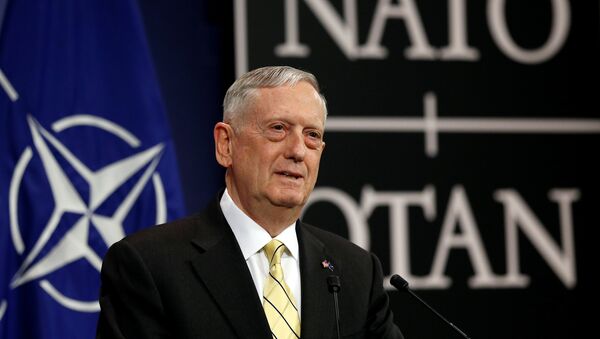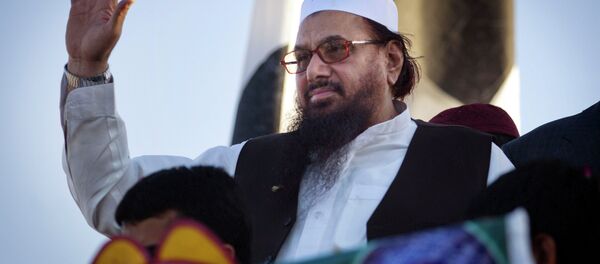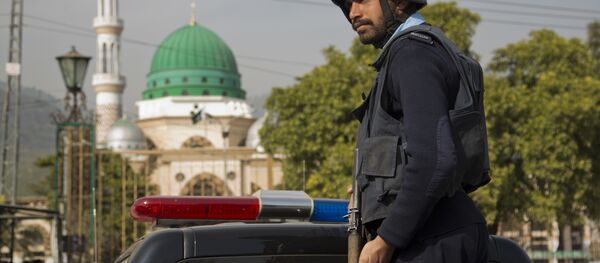In a press release at the conclusion of his Sunday visit, Mattis praised Pakistan's progress on fighting radicalism but insisted that they needed to do more. "The Secretary reiterated that Pakistan must redouble its efforts to confront militants and terrorists operating within the country," the Pentagon said in a statement.
Mattis met with Prime Minister Shahid Khaqan Abbasi, along with the chiefs of both the army and the national intelligence branch. It was his first visit to Pakistan as defense secretary, and prior to the trip he outlined that his goal was to find "common ground" with Islamabad regarding the ongoing US military action in neighboring Afghanistan.
"We have heard from Pakistan leaders that they do not support terrorism. So I expect to see that sort of action reflected in their policies," Mattis said. He added that he did not think it wise to pressure the Pakistanis into doing what the US wanted, and instead to work out a compromise of some kind.
"We're committed [to] the war against terror," Abbasi said during his own press conference. "Nobody wants peace in Afghanistan more than Pakistan. Both Pakistan and the United States have common stakes in securing peace and security in Afghanistan for the long-term stability of the border region."
The US, however, has consistently questioned Pakistan's commitment to rooting out extremists and has accused Pakistan's intelligence service, the Inter-Services Intelligence (ISI), of harboring, training, and sometimes even leading terrorist groups. The 2011 Guantanamo Bay military files published by WikiLeaks described the ISI as an unofficial terrorist organization.
In August, US President Donald Trump announced his revised policy towards Afghanistan, which included a specific callout of Islamabad's policies regarding terrorism. "We can no longer be silent about Pakistan's safe havens for terrorist organizations, the Taliban, and other groups that pose a threat to the region and beyond," Trump said at the time. "Pakistan has much to gain from partnering with our effort in Afghanistan. It has much to lose by continuing to harbor criminals and terrorists."
"No partnership can survive a country's harboring of militants and terrorists who target US servicemembers and officials," Trump added. "It is time for Pakistan to demonstrate its commitment to civilization, order, and to peace."
One hundred days have passed since Trump's proclamation, which also saw an October visit to Islamabad by Secretary of State Rex Tillerson. Like Mattis, Tillerson reiterated the president's push for Pakistan to increase efforts to defeat militant and terrorist groups within its borders.
Abbasi made similar comments in response to Tillerson. "We are committed in the war against terror. We have produced results. And we are looking forward to moving ahead with the U.S. and building a tremendous relationship," he said in a statement.
But US officials disagree. General John Nicholson, Jr., commander of US Forces Afghanistan since March 2016, has denied that Islamabad has puts its money where its mouth is. "We have been very direct and very clear with the Pakistanis. They identified certain steps that they were going to take. We have not seen those changes implemented yet."





